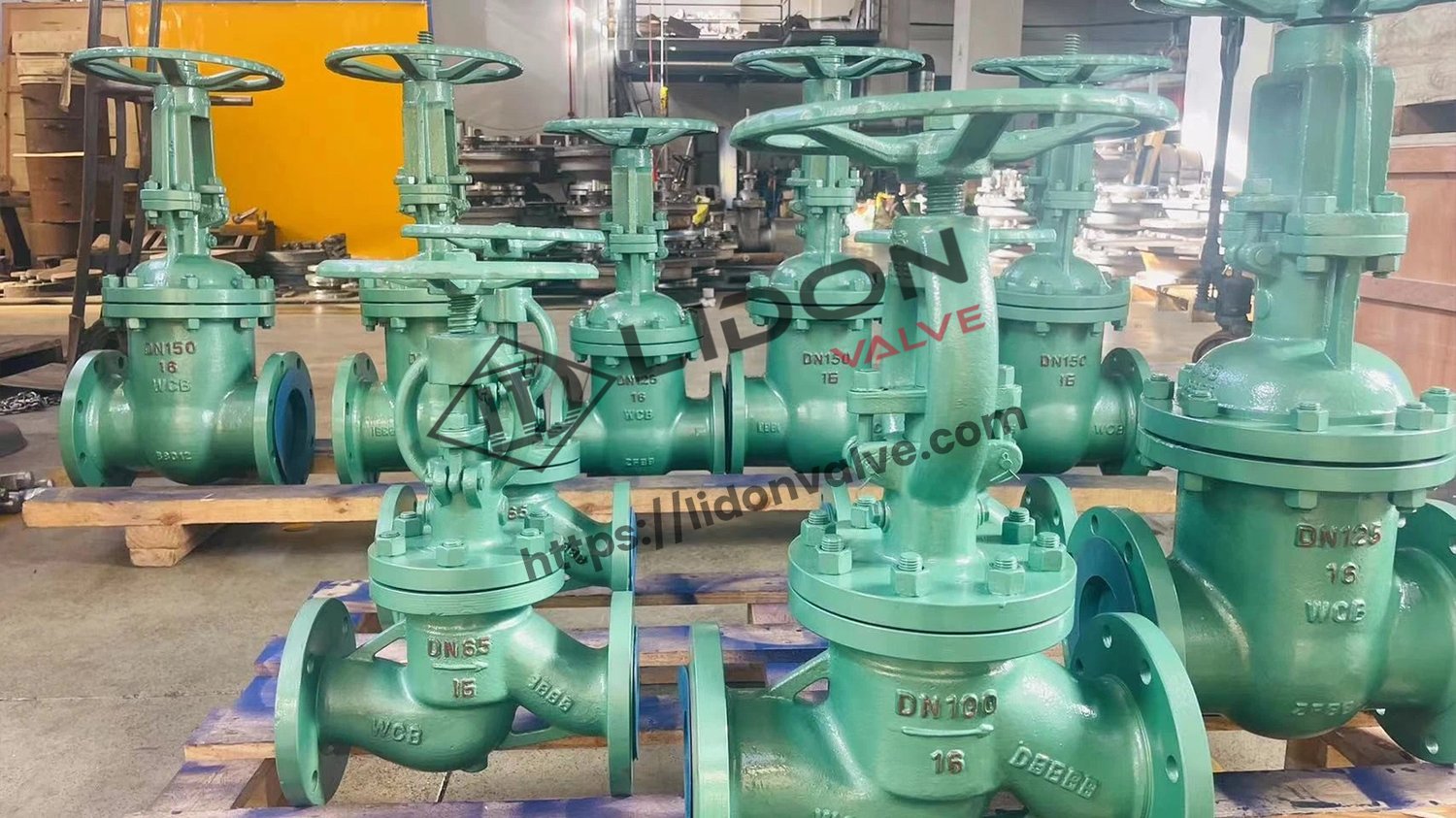1. What is a vacuum research gate valve?
A vacuum research gate valve is a crucial component used in vacuum systems to control the flow of gases and fluids. It is designed to create a tight seal and prevent leaks, allowing for precise control over the vacuum pressure. These valves are commonly used in research laboratories, industrial processes, and scientific experiments that require a controlled environment.
2. The Importance of Vacuum Research Gate Valves
Vacuum research gate valves play a vital role in maintaining the integrity of vacuum systems. They ensure that the vacuum pressure remains stable and prevent any unwanted contamination from entering or escaping the system. Without these valves, it would be challenging to conduct experiments or processes that require a high level of vacuum.
3. How Does a Vacuum Research Gate Valve Work?
These valves typically consist of a gate or a disc that moves perpendicular to the flow of the gas or fluid. When the valve is open, the gate is lifted, allowing the medium to flow through. When the valve is closed, the gate seals against the valve body, creating a tight seal that prevents any flow. The actuation of the valve can be manual, pneumatic, or electric, depending on the specific application.
4. Key Features to Consider
When selecting a vacuum research gate valve, there are several key features to consider:
- Materials: The valve body and gate material should be compatible with the gases or fluids used in the system to prevent corrosion or contamination.
- Leakage Rate: The valve should have a low leakage rate to maintain the vacuum pressure effectively.
- Size: The valve size should be chosen based on the desired flow rate and system requirements.
- Actuation: Consider the type of actuation (manual, pneumatic, or electric) that best suits your application.
5. Applications of Vacuum Research Gate Valves
Vacuum research gate valves find applications in various fields, including:
- Research Laboratories: These valves are commonly used in research laboratories for experiments that require a controlled vacuum environment.
- Industrial Processes: Vacuum systems are utilized in numerous industrial processes such as semiconductor manufacturing, thin film deposition, and vacuum distillation.
- Space Simulation: Vacuum chambers used for space simulation testing often incorporate vacuum research gate valves to control the pressure and simulate different space environments.
6. Common Challenges in Vacuum Research Gate Valve Selection
Choosing the right vacuum research gate valve can be challenging due to the variety of options available. Some common challenges include:
- Compatibility: Ensuring that the valve materials are compatible with the gases or fluids used in the system.
- Pressure and Temperature: Selecting a valve that can withstand the required pressure and temperature conditions.
- Flow Rate: Choosing a valve size that can handle the desired flow rate without causing excessive pressure drops.
- Reliability: Opting for a reputable manufacturer or supplier to ensure the valve's reliability and durability.
7. Maintenance and Care
To ensure the longevity and optimal performance of vacuum research gate valves, regular maintenance and care are essential. This includes:
- Cleaning: Regularly clean the valve components to remove any debris or contaminants that may affect its performance.
- Lubrication: Apply appropriate lubrication to the moving parts of the valve to reduce friction and ensure smooth operation.
- Inspection: Periodically inspect the valve for any signs of wear, damage, or leakage and address any issues promptly.
8. Leading Manufacturers and Suppliers
There are several reputable manufacturers and suppliers of vacuum research gate valves. Some of the leading companies in this industry include:
- Company A: Known for their high-quality valves and excellent customer service.
- Company B: Offers a wide range of valve options suitable for various applications.
- Company C: Specializes in customized valve solutions tailored to specific requirements.
9. Future Developments and Advancements
The field of vacuum research gate valves is constantly evolving, with ongoing research and development. Some future developments and advancements in this area may include:
- Improved Materials: The use of advanced materials that offer better resistance to corrosion and higher durability.
- Smart Valves: Integration of sensors and automation technology to enable remote monitoring and control of the valves.
- Enhanced Sealing Mechanisms: Development of innovative sealing mechanisms for even tighter and more reliable seals.
10. Conclusion
Vacuum research gate valves are essential components in vacuum systems, providing precise control over the flow of gases and fluids. Understanding their operation, features, and applications is crucial for selecting the right valve for your specific needs. By considering key factors and staying updated on advancements in the field, you can ensure optimal performance and longevity of your vacuum systems.

